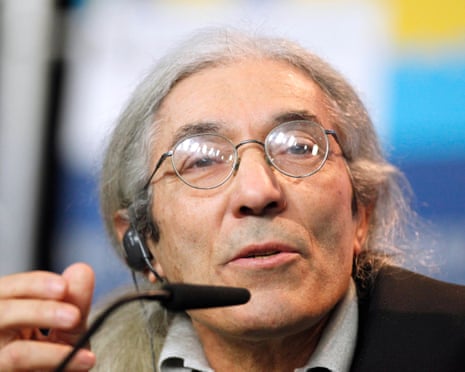
The French-Algerian writer Boualem Sansal has been pardoned and is to be released from prison, the Algerian presidential office said in a statement on Wednesday.
The move, which will mean Sansal can be transferred to Germany for medical treatment, comes after the German president, Frank-Walter Steinmeier, urged Algeria to free Sansal.
“The president of the republic decided to respond positively to the request of the esteemed president of the friendly Federal Republic of Germany,” said the Algerian statement, issued on Wednesday.
The Algerian president, Abdelmadjid Tebboune, had previously rejected French requests for Sansal to be pardoned due to his old age and health condition. Sansal, 81, suffers from prostate cancer.
A vocal critic of the Algerian regime, Sansal was arrested at Algiers airport in November last year and sentenced to five years in prison in March, on charges of undermining national unity. His arrest came shortly after commenting in an interview that France had unfairly ceded Moroccan territory to Algeria during the colonial era.
Relations between Paris and Algiers have deteriorated sharply since Macron backed Moroccan sovereignty over the Western Sahara in 2024, and there have been suggestions that the writer was being held a political hostage due to deteriorating relations between the two countries.
The French president, Emmanuel Macron, went as far as saying that Algeria was “dishonouring” itself in imprisoning the writer.
By releasing Sansal to Germany, the Algerian government has found a way out of the diplomatic standoff with its former coloniser without losing political face. Tebboune himself was treated at a hospital in Germany after falling ill with Covid-19 in 2020.
On Monday, Steinmeier said that pardoning Sansal would be “an expression of humanitarian sentiment and political foresight”, that would reflect his “years-long personal relationship to president Tebboune and the good relations between our countries”.
Over the past few months several international authors, including Salman Rushdie, Annie Ernaux and Wole Soyinka, had appealed for the Algeria-born author’s release.